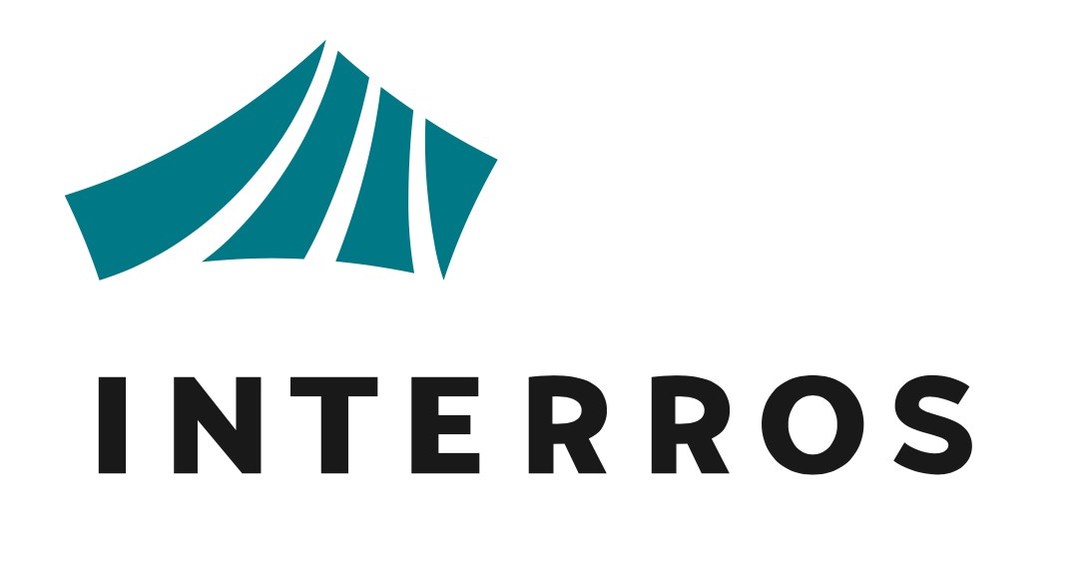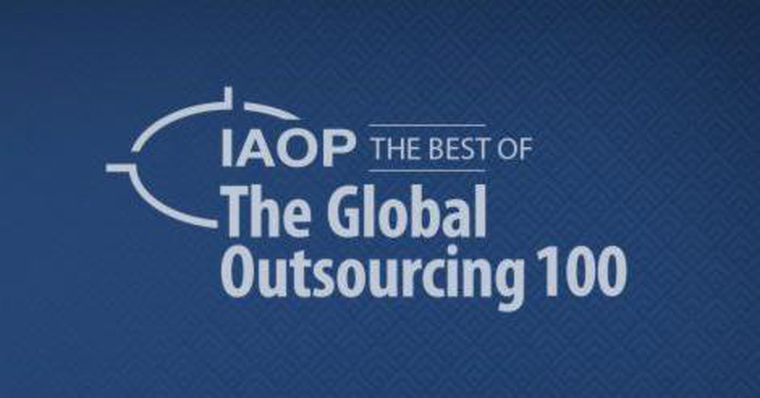
– You’ve been working on the market since 1991. For that time, how did your company’s activities change and with that, how did your customer’s portrait transform?
– It’s a pretty large time period, but the inherent company’s drive didn’t actually change: to this day, Reksoft still specializes on software development on a contract basis. But our customer’s personas have indeed transformed. In the 1990s we were focused on the technical part of the development and were acting as a production center for our customers — most of whom were foreign companies. But since the 2000s, in accordance with Russia’s economic growth, we’ve started to develop solutions for the end clients. During these times, our key contractors were usually information technology departments, IT executives, or later, CIOs — so, we were mostly working with IT branch representatives. During several previous years, we dive deeper into developing and delivering turnkey complex solutions. Here we work with companies’ leadership people, those who are called C-level management. For the past several years, many major enterprises have been hiring standalone CDOs (chief digital officers) or CDTOs (chief digital transformation officers). If an organization has that role, the person behind it is our major vis-a-vis.
– Many companies design and implement digital transformation strategies. What does your company mean by digital transformation?
– For us, digital transformation is a set of approaches, processes and technologies that we propose to our customers for adapting their businesses for the new, ever-changing reality. This new reality is essentially being brought by the Internet, general ‘mobilization’ of the population and their use of social media. Modern relevant technologies enable things that were not possible to imagine even five years ago. Most of all, it’s the customers’ mobility that allows them not to visit offices or stores and still raises their demand to be connected at all times. It’s in the omnichannel paradigm, the ability to operate with an agent or a supplier via any convenient way: offline, online, in social media, etc. Moreover, the customers expect a high degree of personalization from the products and services providers, relying on a given bank, store or educational platform to recognize the exact needs of its audiences.
For many of our customers, digital transformation lies not only in the internal changes to the organization, but in an effort to find their own place in this new world by creating digital platforms that would become gravity points for other participants of their markets. Larger enterprises tend to create ecosystems, niche players create the clarity of how exactly their businesses need to transform in order to join these platforms and ecosystems.
– Do they need to join in order not to get lost in them?
– Exactly. It’s all about surviving the paradigm shift and significant re-division of markets’ added values structures. In my opinion, major digital platforms will gain significant shares in the upcoming 10 years, reaching up to 80% of given markets’ volumes. Everything else will pivot into consultancy services around them: consulting the operators of these platforms (e.g., technical support, ongoing development, information security services), front-end consulting for platforms’ participants and more. There are several companies that provide supporting services to any manufacturer that has decided to promote itself on, for example, Amazon. In order to operate on a given platform, you’d need specialists that know how to place the products, how they should be photographed, how does the rating system work and how to get into the top of the search results and drive more deals. These lines of work didn’t exist five years ago.
– Do you recognize the trend in several market participants that strive to create similar platforms simultaneously?
– Platforms are indeed being developed by the same market players, sometimes from the different sides of it. Many think about how to transform their businesses into platforms. For example, factoring digitalization platforms are being developed both by banks and retail chains.
Any platform has several participant groups by design. They are often called ‘marketplaces’, because, indeed, they are the new versions of an ancient concept. But in the past, vendors physically gathered on a market square — presenting self-produced, trading third-party goods or providing services (offering beverages, for example). They attracted all sorts of buyers: someone purchased the products for own usage, someone bought wholesale, someone was specializing in small shipments for local stores and inns. The concept itself hasn’t changed much — just the market has transitioned to the digital, remote shape. So the idea to build a marketplace can come to the minds of both the buyer and the seller, the security guard that was bored there and the builder that has physically built the square alike. There are lots of competitors to create this virtual pavilion.
We’re witnessing the fight of the platforms, the struggle between the concepts in who would build these pavilions better and more conveniently. Among these competitors, there are large structures like Yandex who build their ecosystem around search capabilities, megastores like Ozon and Amazon who try to center the product purchase for their approach, and banks that participate in the deals as financial brokers. There are other attempts as well. More or less, these processes will lead us to a limited amount of large platforms. That’s why almost every new project at Reksoft is now related to a platform of a bigger or smaller scale.
– Which solutions or working methods can Reksoft offer to their customers in the platform digitalization vector?
– We offer a complex approach that includes consulting on the planning of the digital transformation processes, in essence, creating its long-term implementation plan. At these stages, we often interact with companies that focus on strategic business consulting — the classic entities — and add our multi-vertical tech expertise to their business direction vision.
After that, we propose a set of technological frameworks that will prepare the customer’s internal systems to work in a new mode. First of all, these are data preparation and clearing, steps to more secure and reliable usage of the data, activities that organize the internal customer’s processes to adapt to these types of projects. The goal to create digital solutions is somewhat different to the classic IT project development, as for their successful launches, the customer needs to significantly transform the organization, up to adjusting their business models. If major enterprises do this kind of work systemically and for the many years of their operations, lesser structures’ readiness can be lower which can require preliminary preparations. While doing that, we explain the processes and provide the necessary implementation toolkits. Then, together with the customer’s teams, we design and develop corresponding solutions.
– Which business directions are the most frequent Reksoft customers from?
– As digital transformation impacts absolutely every market of real economy, Reksoft’s approach is multi- — and interdirectional: our technologies and solutions are not bound to a certain business field. We have customers in oil & gas, telecommunications, transportation, logistics, retail, finance, pulp & paper industries and others. Specific business knowledge is a usual commodity of our customer, otherwise they would not hold leading positions on their markets. We offer them our technological tools to fulfill their ambitions in transitioning to the new reality. We don’t really need to be absolute experts in the specific field of business, because the processes of digitalization and platform architecture are similar in many of these fields.
– What conditions does a business need for a successful digital transformation?
– I think there are three conditions which are the classics for any significant change. One of them is the presence of an ambitious perspective vision: the business needs to visualize the end shape of their transformation. Also, the clearly expressed will to undergo that change is also needed, from the leadership most of all. This needs to be supported by unanimous support of these processes on the level of owners and their representatives. I should highlight the importance of both the willing and an active participation in these processes as the most valuable market experts in their fields. Third, resource support of such projects that includes human capital (starting from the project executive, or a CDO) and finances as well.
– Is the Russian business ready for digital transformation? Which issues does it face?
– I don’t think that Russian business is different from any other, non-Russian business, especially if we take enterprise level. So I am confident it is extremely ready. Any business is prepared for digital transformation if it’s capable of providing three conditions that I’ve mentioned earlier.
– How did the limitations caused by the global pandemic affect Reksoft activities?
– At the moment, we don’t feel any specific changes — we just talk in person less nowadays. As an IT company, Reksoft has decades of remote operations. We were working remotely with our foreign customers even before the existence of the Internet in its current shape and understanding in the 1990s — using analog modems and fax machines. And commonly recognized utilities for remote work, such as Zoom, are our general tools for more than 15 years.
From the customer’s side, it has become more difficult to interact on new features, and we realize that even while using the technological opportunity for remote communication, it can’t be compared to live group collaboration. For creating pioneering solutions, we need, among other things, an emotional interaction between main processes participants, and working ‘through the screen’ significantly reduces the efficiency of such conversation. So as soon as we regained the ability, we started to meet our clients again.
It’s clear that the future lies in the increasing amount of online communication, but they won’t completely oust the offline parts, because they are crucial in the creation of really novel things.
– Can you share the plans for your company’s nearest future?
– The plans are quite simple. We put a lot of effort into becoming the leading supplier of technological consulting in digital platforms on Russian markets. Also, we will start promoting the corresponding new levels of services on those international markets that we traditionally operate in.
Source: ComNews




